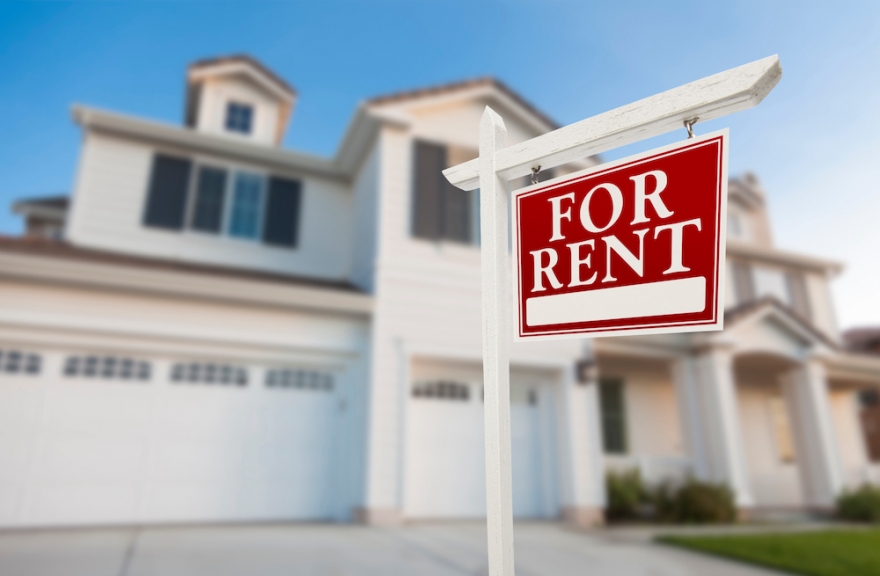Homeownership is seemingly an increasingly out-of-reach dream for people in the U.S. There are large chunks of the country where it’s cheaper or makes more financial sense to rent a home rather than buy when the properties are similar in square footage.
That doesn’t mean renting is the ideal situation for many people. Renters have to remain at the mercy of their landlords, and they aren’t building generational wealth or equity that they can tap into if they face an emergency.
Whether it would make more financial sense to rent depends mainly on where you live.
In places where it makes more sense to buy, mortgage payments tend to be lower than market rents if you can cover the down payment and closing costs.
The areas where it’s better to rent are those markets that are expensive for both renters and buyers, but buyers in particular. These are in-demand markets, often big cities, and their workforce tends to be heavily skewed toward the tech industry.
These are considered high-value markets.
In more affordable markets, renters could save monthly money if they transition to ownership.
The typical renter in the most significant 50 metros of the U.S., as of December 2022, would spend around $800 more each month to buy a starter home compared to renting something similar, according to a rental report from Realtor.com.
Renting is cheaper than owning in 45 of the country’s 50 biggest metros, up from only 30 metros the year before. Metros include the city and surrounding suburbs, towns, or smaller urban areas.
One factor making the gap wider is the higher mortgage interest rates, which have significantly increased the cost of a home.
Around this time last year, rates were in the low to mid-3% range for a 30-year fixed-rate loan.
Now, they’re above 6%.
If you’re a renter and you’re at a point where you’re trying to decide if you should sign another lease or make this the year you buy a home, you do have to consider market conditions, but that’s just one part of the equation. You need to consider what you need from home and how much flexibility or stability you will want over the next 5-to-7 years.
According to Realtor.com’s data, some places where it’s cheaper to rent than buy include Austin, San Francisco, Seattle, and Boston. Portland and Memphis also made the list.
In Austin, the median monthly cost for a homeowner is $3,672, while the median monthly rent is only $1,659. At the beginning of 2021, home prices in Austin went up more than 40% year-over-year. Those prices have stabilized but remain significantly higher than before the pandemic.
As mortgage rates are also up, monthly fees on a starter home are well beyond the budget for many would-be first-time buyers. It’s more than double what it costs to rent a home if you become a homeowner in Austin.
In San Francisco, the median monthly cost for a homebuyer is $5,798, and the median monthly rent is only $2,943. That means if you wanted to buy a starter home in the Bay area, you would pay around $3,000 more monthly than renting something comparable.
In Seattle, which has seen the largest year-over-year increases in monthly homeownership costs of any metro, the median cost for buyers each month is $3,831, while the median monthly rent is $2,059. That could change this year, though, because some recent high-profile tech layoffs have affected workers in Seattle.
In Boston, as a homebuyer, you can expect median monthly costs of around $4,965, and if you’re a renter, the median price is $2,868.
While it can look like a bleak picture if you want to become a homeowner this year, it’s not all bad news. Interest rates are receding a bit, and sellers are also increasingly willing to negotiate, so you might be in a better position than last year when buyers were at the mercy of sellers who often received multiple offers.





